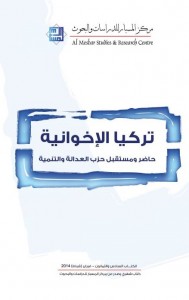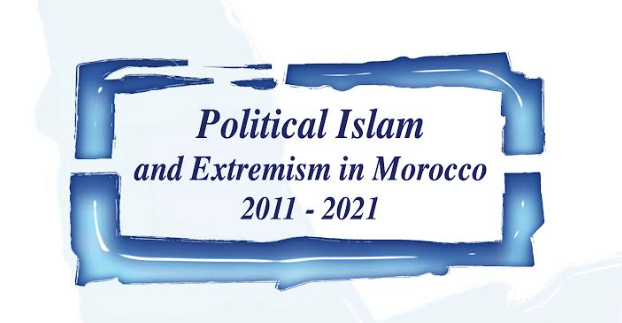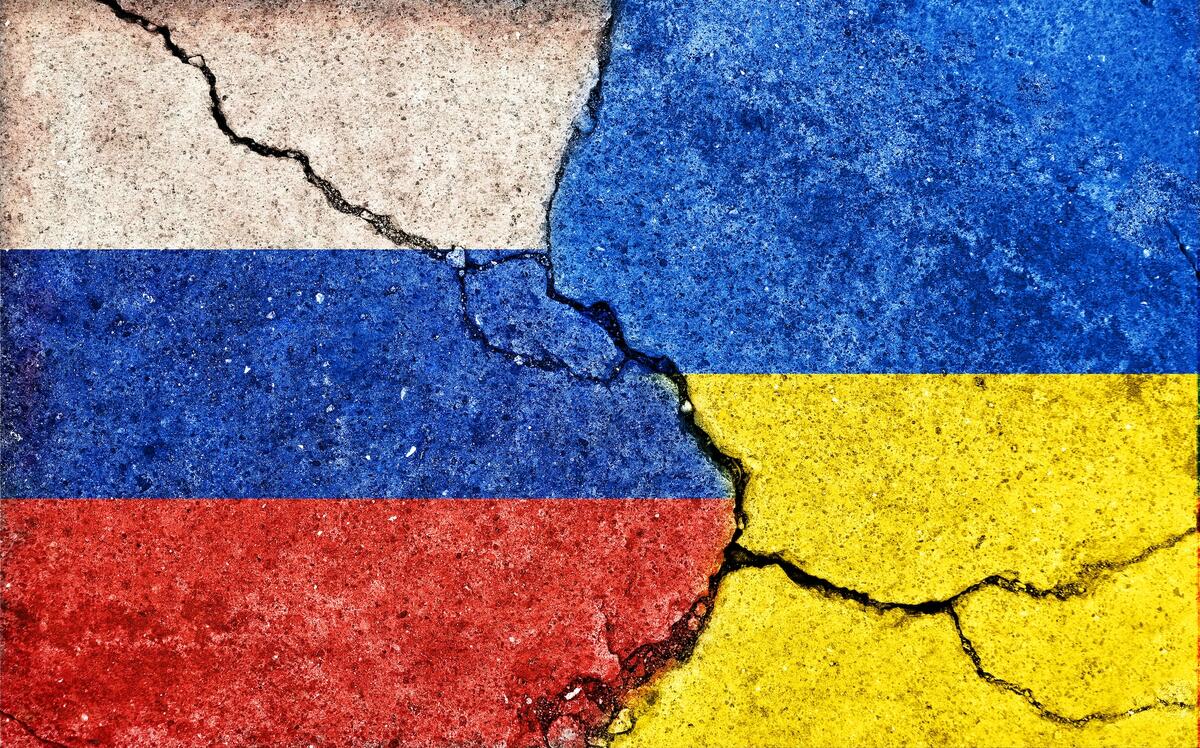 The 86th edition of Al Mesbar’s monthly book explores a turbulent Turkey following the ongoing protests over corruption allegations and the last year’s uprising in Taksim Square, Gezi Park, and beyond. The book discusses the effects of the break between Fat’hallah Gulen’s “Social Islamic Party” and the ruling “Justice and Development Party” led by Prime Minister Recep Tayyip Erdogan and President Abdullah Gul, amid widespread accusations that the latter have been trying to establish an authoritarian state.
The 86th edition of Al Mesbar’s monthly book explores a turbulent Turkey following the ongoing protests over corruption allegations and the last year’s uprising in Taksim Square, Gezi Park, and beyond. The book discusses the effects of the break between Fat’hallah Gulen’s “Social Islamic Party” and the ruling “Justice and Development Party” led by Prime Minister Recep Tayyip Erdogan and President Abdullah Gul, amid widespread accusations that the latter have been trying to establish an authoritarian state.
Scholars from Turkey and the Arab World contribute to this volume, together parsing the present and future of political Islam in Turkey and the evolution of its ideology and discourse over the years.
Al-Mesbar executive director Mansour al-Nogaidan and editorial board member Omar al-Bashir al-Turabi offer the book’s introduction, detailing the emergence of the alliance between Gul and Erdogan, and the beginnings of their fallout. Several examples are presented to illustrate the deteriorating relationship between the two Islamic leaders.
The first research paper, “The Ideological Context of the Emergence and Development of Turkish Islamism,” comes to us from Turkish scholar Ergün Yıldırım. He identifies several key factors in the rise of political Islam in the country: the crisis of modernization, ideological vacancies following by the Cold War, an increased backlash against the Ataturk secularist ideology, and the formation of an economic middle class.
Egyptian scholar Tariq Abd al-Jalil offers a historical analysis of the the influence of military coups on the discourse of Islamism in Turkey. The author also examines the increasing role of the military in aspects of the political system.
Sarah Rif’at, in her paper, describes the Justice and Development Party as a “conservative democratic” movement, as well as the harbinger of a new political identity that aims to supplant “secular democracy.”
Turkish author Ali Bulaç assesses the Turkish Islamist movement through time. It did not begin to develop until after the defeat of the Ottoman empire byt Western powers. The movement sought solutions to the empire’s demise that would entail reinstalling Islamic values into government to order to counter “Westernization.” The writer finds the Justice and Development party to be less an Islamist movement per se, and more a “conservative party” drawing on its own reading of traditional Islamic values.
Bashir Abd al-Fattah details the Turkish-Egyptian relationship following the ouster of President Mohammed Morsi. The writer describes Erdogan’s fear of a repetition of the Egyptian experience in Turkey — an explanation, in part, for the resurgence of authoritarianism in Turkey.
Turkish scholar Mummer İskenderoğlu examines Turkish views of the Iranian Revolution of 1979, from those who found it to be threatening to those who celebrated the revolution as a leap towards Muslim unity. In light of Iran’s policies after the revolution, İskenderoğlu argues, it appears that the former point of view was validated. Deputy Prime Minister Bülent Arınç publicly stated that the Syrian crisis “helped radicals who fully supported the Iranian revolution all these years re-evaluate everything about the Iranian government”.
Ali Husain Bakeer examines the Turkish economy in light of broader regional economic shifts since 2002 and their impact on the size and performance of Turkey in the market. Economic policy has long been a stronghold of the ruling party. The writer also discusses economic ties between Turkey and the GCC, noting that Turkey’s economic relations in Egypt and Syria might have reduced trade with the GCC. Bakeer concludes by laying out a map of future global market scenarios, leading him to view Turkey as one of the strongest ten economies in the world.
In the final chapter of the book, Ali Jalal A’awad considers the possible future effects of the Syrian crisis on the Justice and Development party. The crisis may serve to strengthen the party’s image. A more likely scenario in his view, however, is that Turkey the crisis will destabilize Turkey and its international position will suffer.
This month’s book review, by editorial board member Rita Faraj, looks at Turkey’s Foreign Policies Towards the G8 and Arabian States post-2002, by Muriel Mirak and Joachim Jamal.









